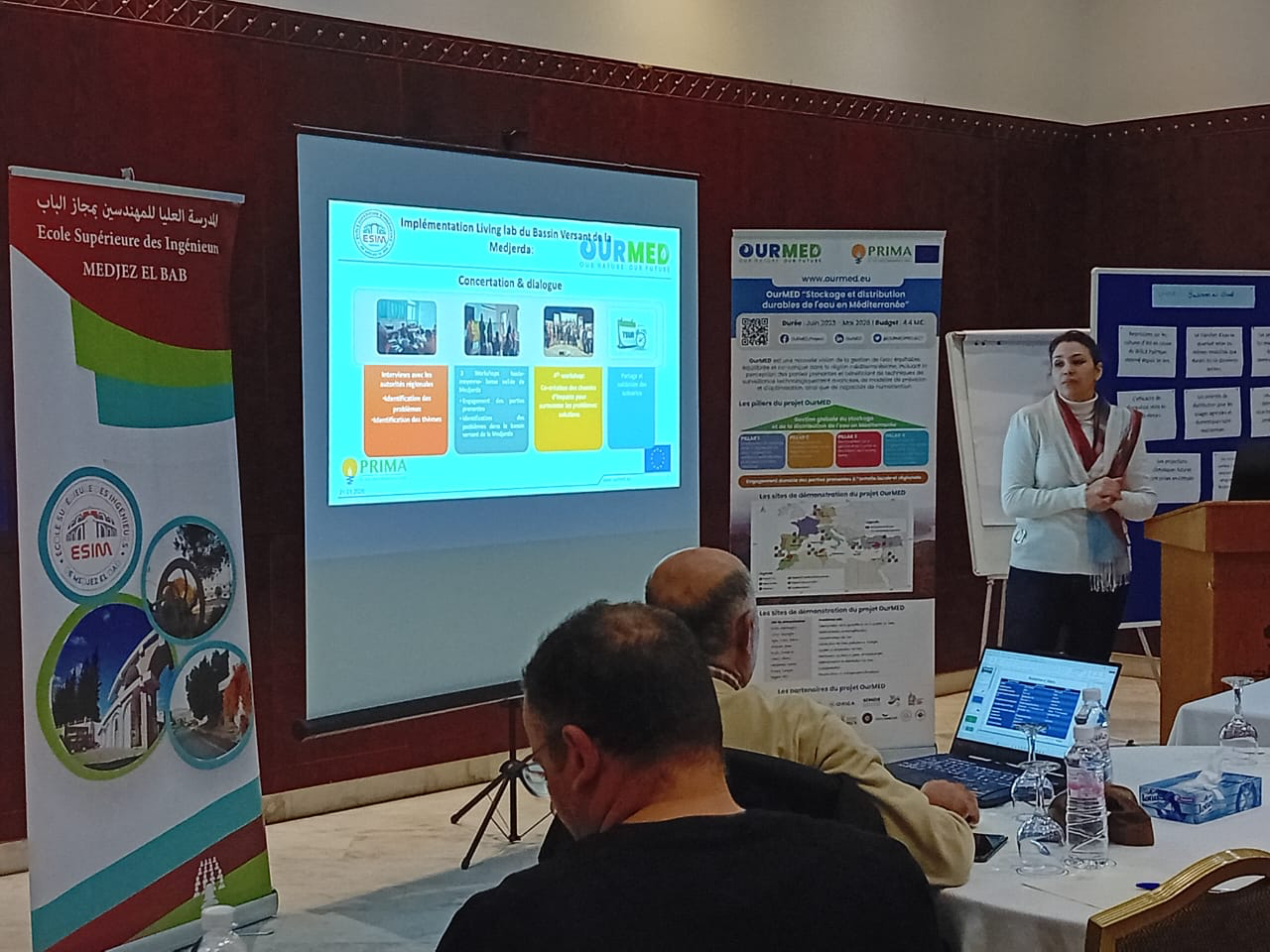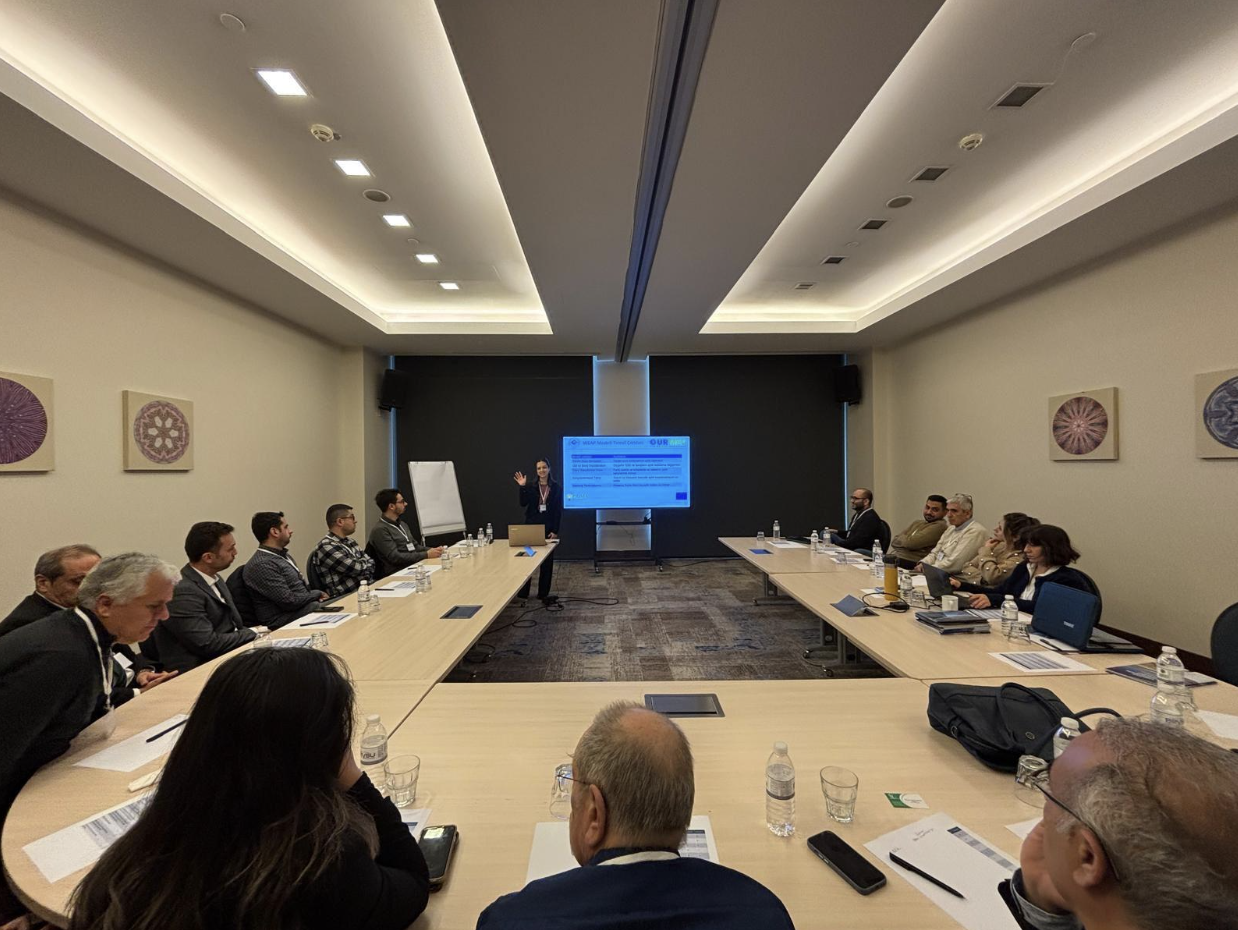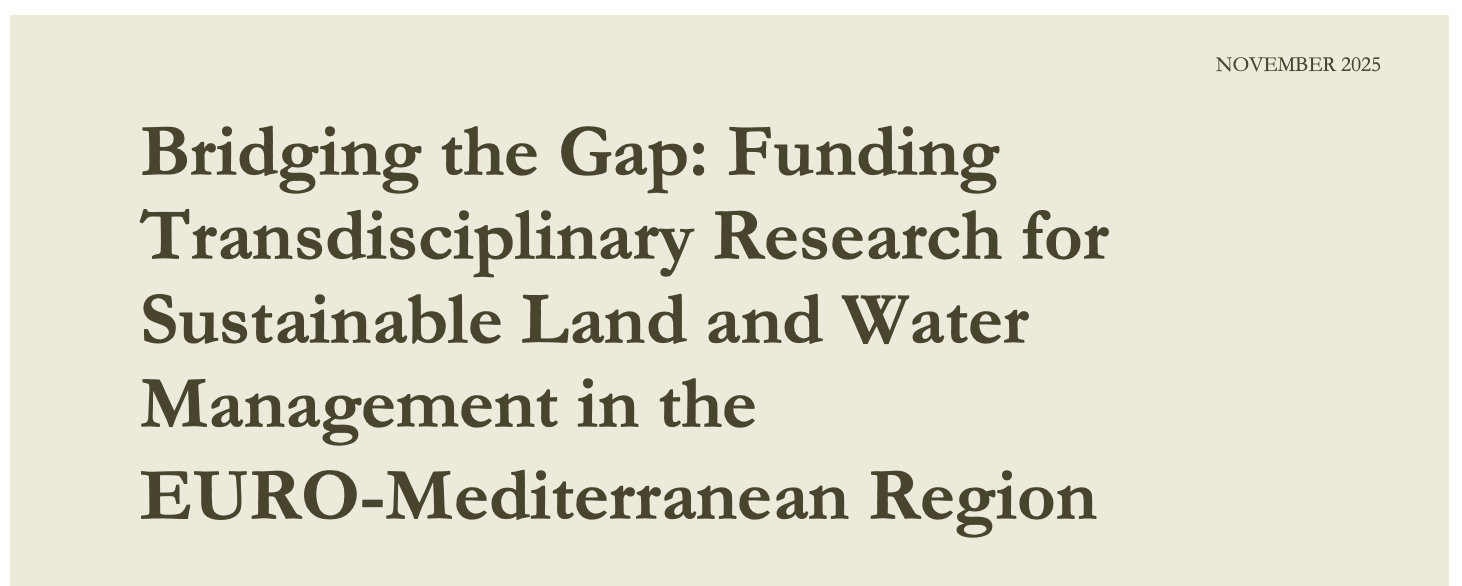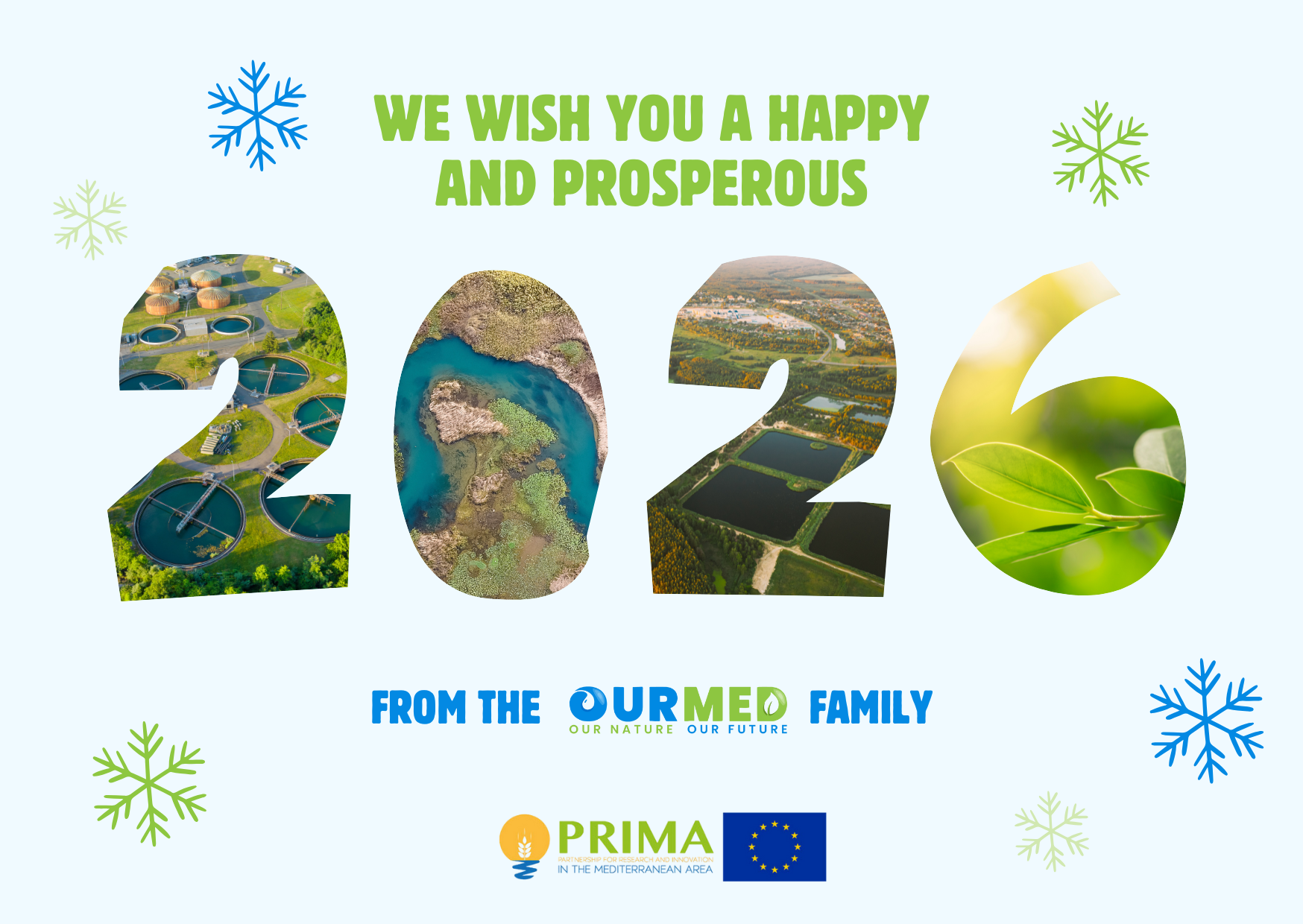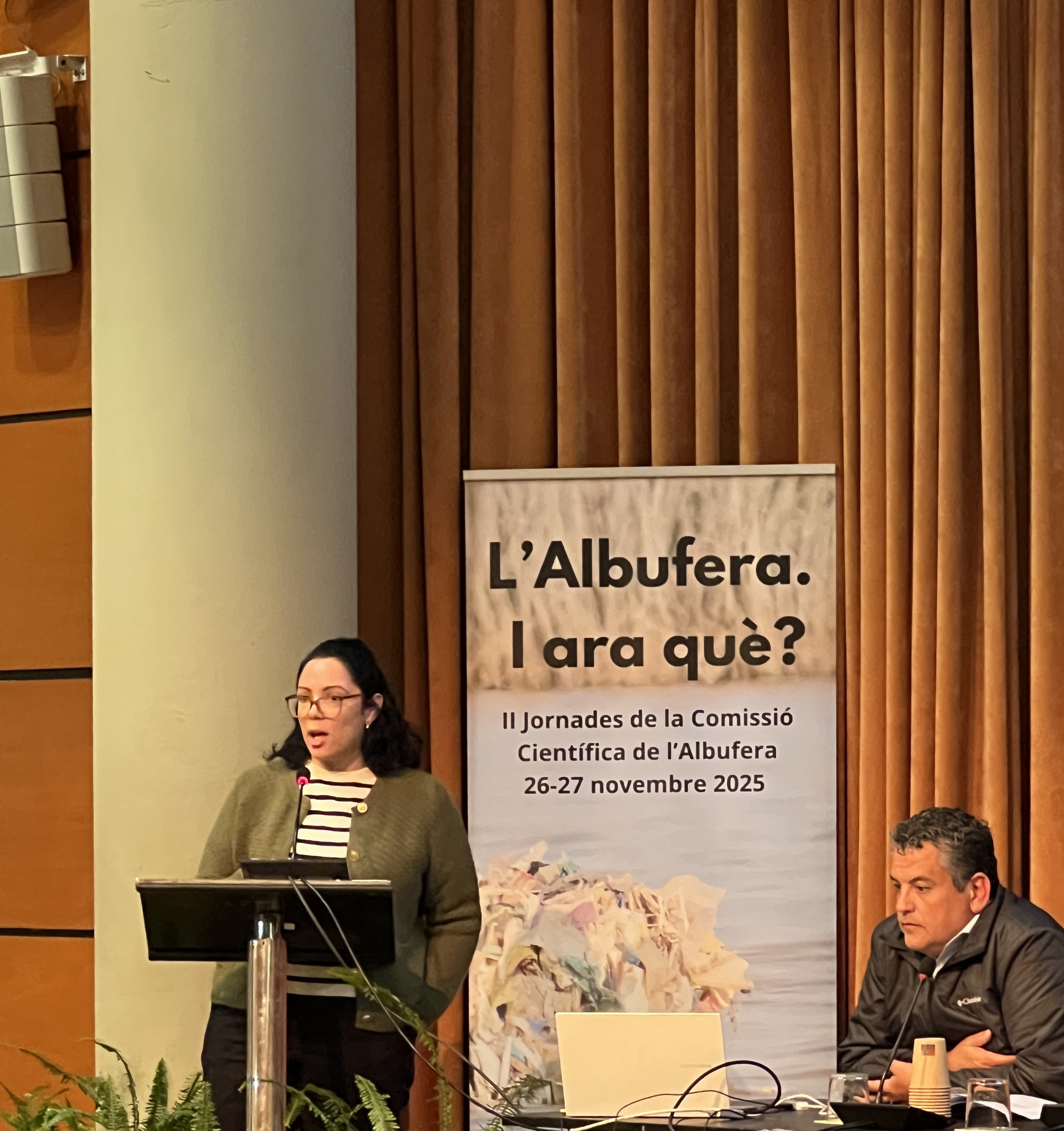On 21 January 2026, the third Living Lab of the Medjerda demo site was held in Tunis, bringing together researchers, experts and local stakeholders involved in water and ecosystem governance within the OurMED project.
This workshop marked a key step in the participatory process, with a strong focus on the sharing and validation of solution scenarios co-developed with stakeholders to address the main challenges identified in the Medjerda watershed. Building on the outcomes of previous Living Lab sessions, participants collectively reviewed the proposed scenarios and discussed their relevance, feasibility and potential impacts.

